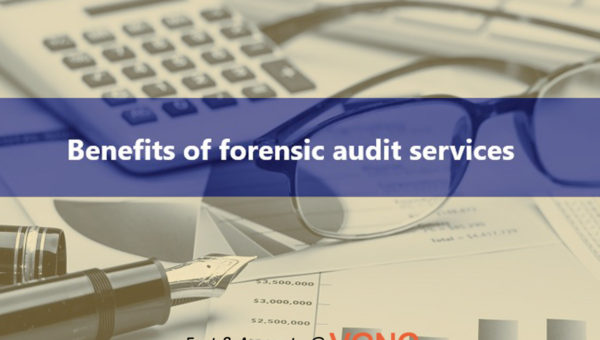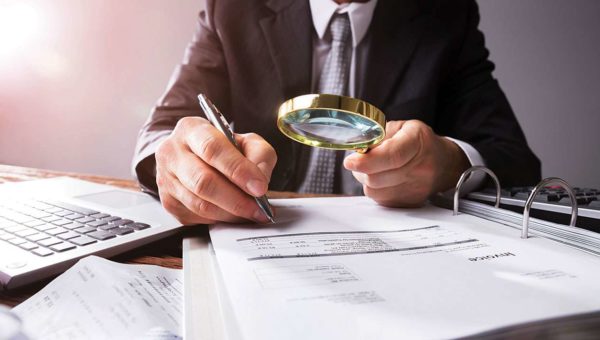What is Forensic Audit?
A forensic audit is an examination and evaluation of an organization’s firm or individual’s financial records to derive evidence that can be used in a court of law or legal proceeding. Forensic auditing is a specialization within the field of accounting, and most large accounting firms have a forensic auditing department.
In India, A forensic audit, also known as forensic accounting, refers to the application of accounting methods for detection and gathering evidence of frauds, embezzlement, or any other such white-collar crime. It is the application of accounting skills to legal questions.
How is different from internal audit?
A forensic audit’s steps designed to focus on reconstructing past financial transactions for a specific purpose, such as concerns of fraud, whereas an internal audit is typically focused more on compliance and/or the performance of the organization.
What are the Reasons for Conducting a Forensic Audit?
Forensic audit investigations may expose, or confirm, various kinds of illegal activities. Normally, instead of a normal audit, a forensic audit is used if there is a possibility that the evidence gathered would be used in court.
The forensic audit process is similar to a traditional financial audit — planning, gathering evidence, and writing a report — with the additional step of a possible appearance in court. The lawyers on both sides offer evidence that the crime is either discovered or disproved, which decides the harm sustained. They explain their conclusions to the defendant should the case go to trial before the judge.
A forensic audit comprises the following steps:
Planning the Investigation: The forensic auditor and the team will plan their investigation in order to meet their objectives.
Collecting Evidence: The evidence gathered should be sufficient to prove in court the identity of the fraudster(s), reveal the details of the fraud scheme and document the financial loss suffered and the parties affected by the fraud.
*Reporting: *A forensic audit will need a written report on the crime to be given to the client, so that if they desire, they can continue to file a legal case.
*Court Proceedings: *During court proceedings, the forensic investigator must be present to clarify the evidence collected and how the suspect(s) were found by the team.



